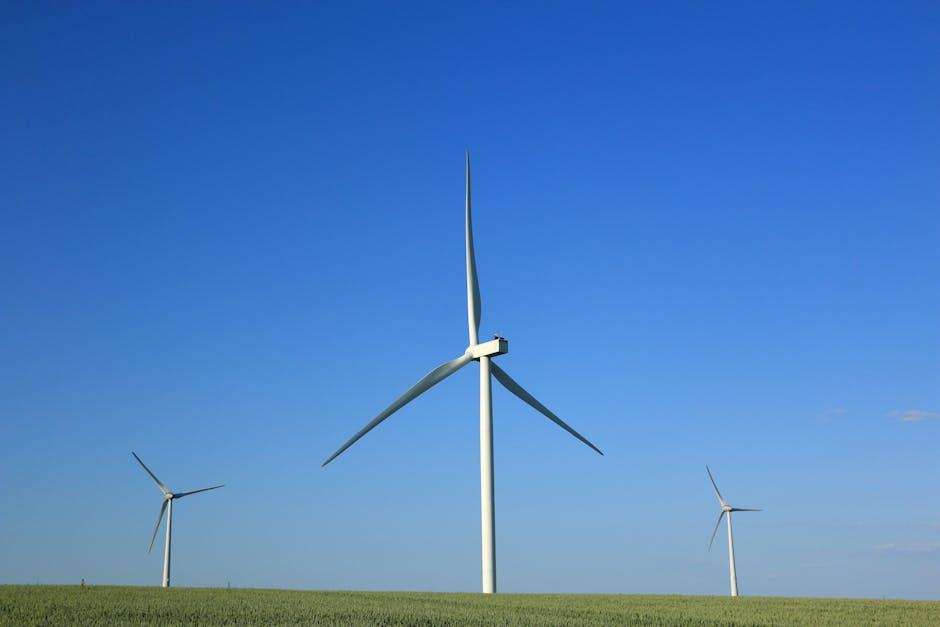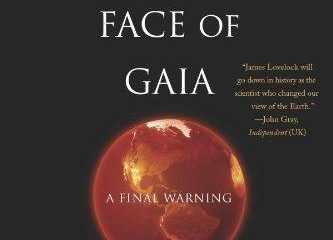Embark on a journey into the enigmatic realm of scientific inquiry as we delve into the captivating world of James Lovelock’s groundbreaking theory. In a realm where science and imagination intertwine, Lovelock’s theory offers us a unique perspective on the interconnectedness of our planet. Join us as we unravel the intricacies of this thought-provoking concept and explore its implications for our understanding of the delicate balance that sustains life on Earth.
Table of Contents
- Understanding the Gaia Hypothesis by James Lovelock
- Exploring the Interconnectedness of Earth’s Systems
- Implications of Lovelock’s Theory on Climate Change
- Implementing Sustainable Practices in Light of Gaia Hypothesis
- Q&A
- Concluding Remarks

Understanding the Gaia Hypothesis by James Lovelock
James Lovelock’s Gaia Hypothesis proposes a unique perspective on the interconnectedness of Earth’s ecosystems. According to Lovelock, the Earth functions as a self-regulating system where living organisms and the environment interact to maintain conditions suitable for life. Here’s an insightful look into the key concepts behind this intriguing theory:
- Homeostasis: One of the central ideas of the Gaia Hypothesis is the concept of homeostasis, which suggests that the Earth actively works to regulate its temperature, chemistry, and other environmental factors to sustain life.
- Feedback Mechanisms: Lovelock proposed that the Earth operates through complex feedback mechanisms where changes in one part of the system trigger responses that help maintain overall balance and stability.
Moreover, the Gaia Hypothesis challenges traditional views of the Earth as a passive entity by suggesting that the planet is more than just a collection of inert materials. Instead, it presents Earth as a dynamic, self-regulating organism capable of influencing and adapting to environmental changes. This perspective sheds light on the intricate connections between living organisms and their surroundings, shaping a holistic understanding of our planet’s interconnected ecosystems.
| Key Points |
|---|
| Organisms play a role in shaping Earth’s environment. |
| The Earth is a complex, interconnected system. |

Exploring the Interconnectedness of Earth’s Systems
James Lovelock’s Gaia theory, which suggests that the Earth is a self-regulating system akin to a living organism, sparks a deep dive into the intricate web of interconnectedness within our planet’s systems. This profound concept challenges our conventional understanding of the Earth as a mere collection of separate elements, highlighting the dynamic relationships between the atmosphere, hydrosphere, biosphere, and geosphere.
In this captivating exploration, we unravel the symbiotic interactions between Earth’s components, where changes in one system can have cascading effects on the others. From the exchange of gases between the atmosphere and oceans to the role of organisms in shaping their environment, the interplay of Earth’s systems unveils a harmonious yet delicate balance that sustains life as we know it. By delving into the nuances of these connections, we gain a deeper appreciation for the complexity and resilience of our planet, inviting contemplation on our role as stewards of this interconnected ecosystem.
Implications of Lovelock’s Theory on Climate Change
James Lovelock’s groundbreaking Gaia hypothesis presents a thought-provoking perspective on the interconnectedness of Earth’s ecosystems. By proposing that the planet functions as a self-regulating organism, Lovelock challenges traditional views on climate change. This theory suggests that the Earth actively maintains conditions conducive to life, illustrating the delicate balance between various environmental factors.
<p> extend beyond scientific circles, sparking discussions on humanity's role in preserving planetary equilibrium. Understanding the dynamic feedback mechanisms within Gaia prompts us to reevaluate our impact on the environment. This holistic approach highlights the need for sustainable practices and global cooperation to safeguard the intricate web of life on Earth.</p>
Implementing Sustainable Practices in Light of Gaia Hypothesis
Implementing sustainable practices inspired by the Gaia hypothesis involves recognizing the interconnectedness of all living organisms and the Earth itself. By adopting eco-friendly initiatives and reducing our ecological footprint, we take steps towards a harmonious coexistence with our planet. This can include **reducing plastic waste**, **promoting renewable energy sources**, and **supporting biodiversity conservation efforts**.
One way to embrace sustainable living is by embracing permaculture principles. This holistic approach to agriculture and design focuses on working with nature rather than against it. By designing systems that mimic natural ecosystems, we can create self-sustaining environments that benefit both humans and the Earth. Practicing regenerative agriculture, implementing water-saving techniques, and building community resilience are all key aspects of this regenerative approach to living in alignment with the Gaia hypothesis.
| Benefits of Sustainable Practices |
|---|
| 1. Reduced environmental impact |
| 2. Enhanced biodiversity |
| 3. Improved public health |
Q&A
Q: What is James Lovelock’s theory and why is it significant?
A: James Lovelock is a renowned scientist who proposed the Gaia hypothesis, which suggests that the Earth itself is a self-regulating organism. This theory views Earth as a complex system where living organisms and their inorganic surroundings interact to maintain the conditions necessary for life. It’s a fascinating concept that challenges traditional scientific thinking and highlights the interconnectedness of all life on our planet.
Q: How does the Gaia hypothesis impact our understanding of environmental issues?
A: The Gaia hypothesis emphasizes the importance of viewing Earth as a single, interconnected system. This perspective encourages us to consider the long-term consequences of our actions on the environment and to strive for a harmonious relationship with the planet. By promoting a holistic approach to environmental issues, Lovelock’s theory urges us to appreciate the fragility of our ecosystem and to take responsibility for preserving it for future generations.
Q: Has James Lovelock’s theory received widespread acceptance in the scientific community?
A: While the Gaia hypothesis has sparked debate within the scientific community, it has also garnered support from researchers in various fields. Many scientists appreciate the holistic view it offers of Earth’s systems and the valuable insights it provides into the interconnectedness of life on our planet. While not all aspects of the theory may be universally accepted, Lovelock’s work has undoubtedly influenced the way we think about our relationship with the environment.
Concluding Remarks
In conclusion, exploring James Lovelock’s theory opens up a fascinating realm of possibilities where Earth is viewed as a self-regulating organism, showcasing a delicate balance between living organisms and their environment. It challenges us to rethink our relationship with the planet and emphasizes the interconnectedness of all life forms. As we ponder the Gaia hypothesis and its implications, let us remember to approach our actions with a sense of responsibility towards the Earth and its ecosystems. By acknowledging and respecting the intricate web of life that sustains us, we can strive towards a harmonious coexistence with nature. Let Lovelock’s theory serve as a reminder of the importance of nurturing and preserving our precious planet for generations to come.


0 Comments